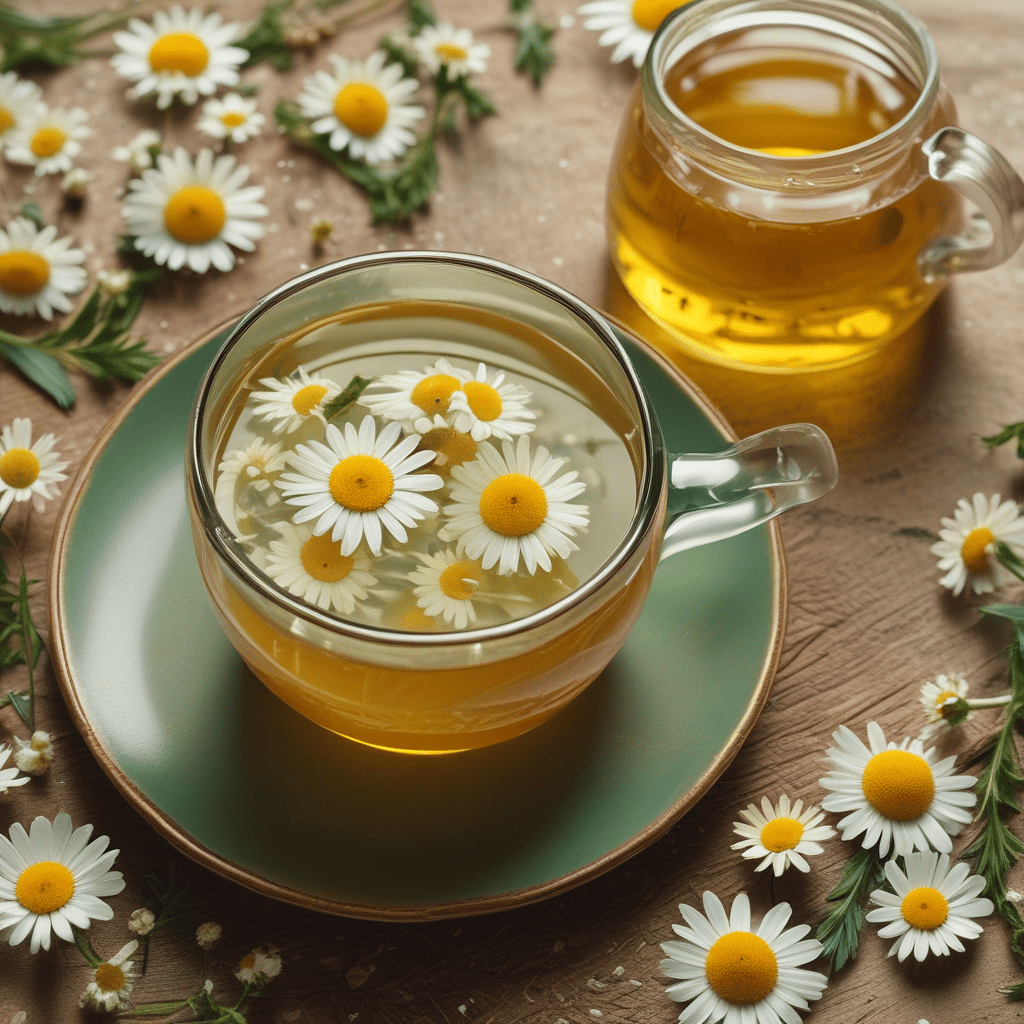Introduction: Unveiling the Intertwined Journey of Tea and Mindfulness in India
India, a land steeped in ancient traditions and vibrant culture, has embraced the art of tea for centuries. Tea in India is not merely a beverage; it is an integral part of the nation's identity, interwoven with its history, social fabric, and spiritual practices. Throughout the country, tea transcends its role as a refreshing drink and becomes a conduit for mindfulness and cultivating a deep sense of presence.
2. A Historical Perspective: Tracing the Roots of Tea and its Cultural Significance in Indian Society
The origins of tea in India date back to the 19th century, with its introduction by the British. However, its roots in Indian culture run much deeper. The ancient practice of Ayurveda, India's traditional system of medicine, has long recognized the medicinal properties of tea. Sanskrit texts mention the use of tea leaves for their invigorating and healing properties.
3. The Art of Brewing: A Ritualistic Approach to Preparing Tea in India
In India, brewing tea is not simply a mechanical process but a ritualistic act infused with mindfulness. Each step, from measuring the leaves to pouring the boiling water, is performed with intention and awareness. The rhythmic sound of the kettle, the gentle aroma of the brewing tea, and the careful pouring of the steaming liquid into delicate cups all contribute to creating a sensory experience that fosters presence and serenity.
4. Chai and Cha: Exploring the Diverse Tea Culture Across Indian Regions
India boasts a rich tapestry of tea cultures, each region embracing the beverage with its unique flavors and traditions. From the robust Assam chai, known for its malty notes, to the delicate Darjeeling, prized for its floral and muscatel aromas, each region offers a distinct tea experience.
5. Mindfulness in the Teacup: Cultivating Present-Moment Awareness Through Tea Rituals
The act of mindfully brewing and savoring a cup of tea provides an opportunity to cultivate present-moment awareness. Focusing on the aroma, the warmth of the cup in your hands, and the subtle nuances of the flavor allows you to disconnect from the busyness of daily life and experience the joy of the present moment.
6. The Sensory Experience: Indulging in the Aromatic and Flavorful Essence of Tea
Each cup of tea offers a unique sensory journey, an invitation to engage with the aroma, taste, and texture of the brew. The rich aroma of freshly brewed tea, carried by the steam, tantalizes the senses, evoking a sense of anticipation and warmth. As you sip, the subtle nuances of flavor unfold on your palate, ranging from earthy and floral to bright and citrusy. The texture of the tea, whether smooth or slightly astringent, adds another dimension to the experience. This immersive sensory journey encourages mindful awareness, allowing you to appreciate the intricate details that make each cup of tea special.
7. Tea and Meditation: A Synergistic Harmony for Inner Peace and Clarity
Tea and meditation are two practices that complement each other beautifully. The act of brewing and savoring tea can serve as a form of moving meditation, where you focus on the present moment and let go of distracting thoughts. The calming effect of tea, coupled with the stillness of meditation, creates a harmonious environment for achieving inner peace and clarity. Whether you enjoy a cup of tea before or after meditation, the two practices can enhance each other's benefits, promoting relaxation, focus, and a deeper connection to your inner self.
8. The Health Benefits of Tea: Unveiling the Positive Impact on Mind and Body
Beyond its mindfulness-promoting qualities, tea also offers numerous health benefits. Studies have shown that tea consumption can reduce stress, improve cognitive function, boost the immune system, and protect against chronic diseases. The antioxidants present in tea, particularly green and white tea, have been linked to a lower risk of heart disease and cancer. Additionally, tea has been shown to improve cholesterol levels, regulate blood sugar, and promote oral health. Incorporating tea into your daily routine can significantly contribute to a healthy mind and body.
9. Practicing Mindfulness: A Step-by-Step Guide to Cultivating Presence Through Tea
Here's a step-by-step guide to help you cultivate mindfulness through tea:
- Choose a quiet space: Find a comfortable and serene environment where you can focus on the present moment without distractions.
- Prepare your tea with intention: Take your time to measure the tea leaves, heat the water, and brew the tea with care and attention.
- Engage your senses: Notice the aroma of the tea, the warmth of the cup in your hands, and the subtle nuances of flavor as you sip.
- Observe your thoughts and feelings: Pay attention to any thoughts or emotions that arise while you're drinking tea, but don't judge or react to them. Simply acknowledge them and let them go.
- Focus on your breath: As you sip your tea, focus on the rhythm of your breath. This helps anchor your attention to the present moment.
- Savor the experience: Take your time, savor each sip, and appreciate the simple joy of drinking tea.
10. Conclusion: Embracing Tea as a Pathway to Mindfulness and Transformation in India
In India, tea is more than just a beverage; it's a way of life. The deeply ingrained tradition of tea consumption, coupled with the growing awareness of mindfulness, has created a unique environment where tea is embraced as a tool for personal growth and transformation. By incorporating mindful tea rituals into your daily life, you can experience the numerous benefits of tea, cultivate a sense of presence, and connect with your inner self on a deeper level. As you explore the diverse tea cultures and brewing traditions of India, you'll discover a world of flavors, aromas, and mindfulness practices waiting to be unraveled.
Frequently Asked Questions (FAQs)
1. What are the different types of tea available in India?
India produces a wide variety of teas, including black tea, green tea, white tea, oolong tea, and herbal infusions. Each type of tea offers a unique flavor profile and health benefits.
2. How do I choose the right tea for me?
The best way to choose the right tea is to experiment with different types and find one that you enjoy the taste and aroma of. Consider your personal preferences, health goals, and the time of day when you're planning to drink tea.
3. How do I brew tea correctly?
The ideal brewing method depends on the type of tea you're using. Generally, you'll need to use fresh, filtered water and heat it to the correct temperature for the specific tea. Use the appropriate amount of tea leaves and steep for the recommended time.
4. Can I add milk or sugar to my tea?
Adding milk or sugar to your tea is entirely up to your preference. However, it's important to note that these additions can alter the taste and health benefits of the tea.
5. Can I drink tea on an empty stomach?
It's generally not recommended to drink tea on an empty stomach, as it may cause stomach upset or interfere with nutrient absorption. It's best to enjoy tea after a meal or with a light snack.


